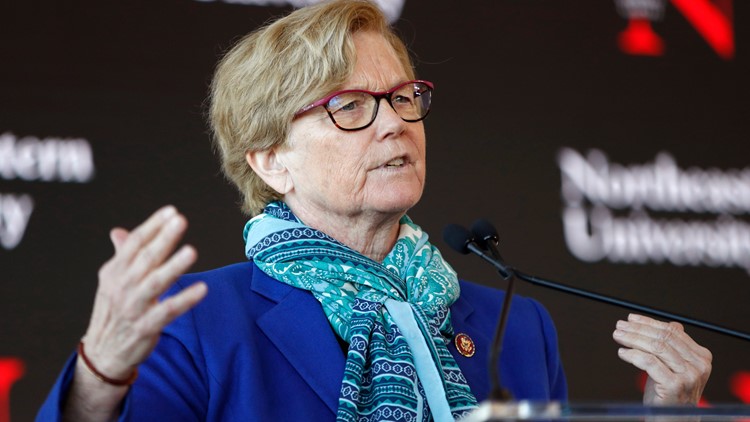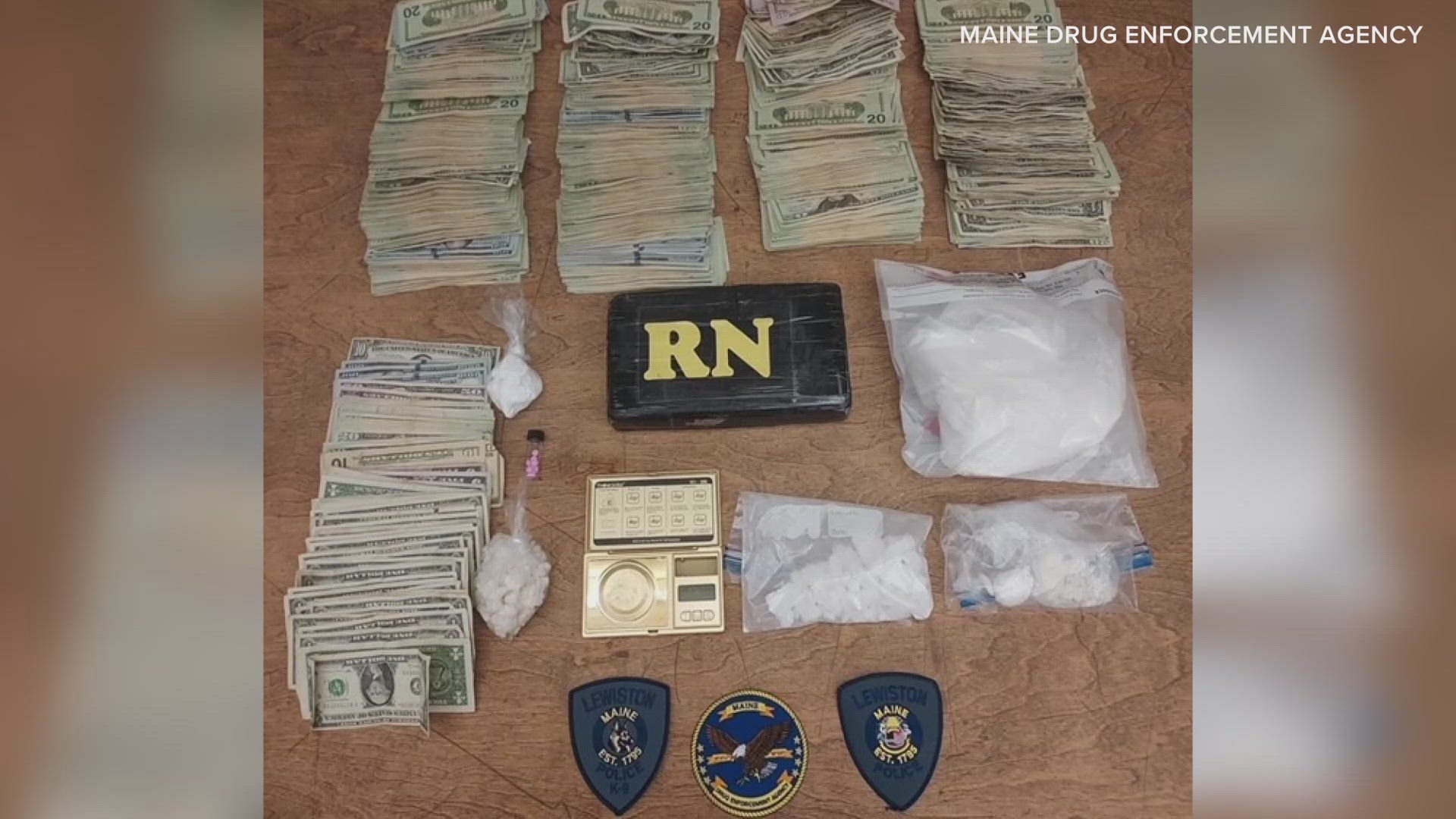WASHINGTON — Rep. Chellie Pingree, D-Maine, pressed a senior leader of the U.S. Army during a House subcommittee meeting Wednesday on whether systems were in place to restrict firearms access for reservists experiencing a mental health crisis.
Sgt. Maj. Michael R. Weimer participated Wednesday morning in an oversight hearing on "Quality of Life in the Military," which included high-ranking members of each arm of the U.S. military.
Pingree directed her questions to Weimer over whether the military has any protocols that could help prevent another situation like what happened in Lewiston on Oct. 25, 2023, when Army reservist Robert Card opened fire at a bowling alley and a bar, killing 18 and injuring more than a dozen others.
Pingree detailed several concerns that emerged from the initial report released Friday by the independent commission investigating the circumstances surrounding the Lewiston shooting, first asking whether there was any obligation or mandate for Card's commanding officer to notify local law enforcement about concerns they had about his mental health and their decision to restrict his access to all military weapons and ammunition.
"The shooter's chain of command notified on multiple occasions that there were serious mental health issues, which led to the commander ordering a mental health evaluation and subsequently restricted the shooter's access to all military weapons and ammunition," Pingree said. "The mental health evaluation specifically recommended that the commanding officer take measures to safely remove all firearms and weapons from the shooter's home. However, the commander did not report that information to the Sagadahoc County Sheriff's Office, so when he was returned home, that information was never made available."
The Army has yet to issue its findings on the shooting, as its investigation remains ongoing. The details shared by Pingree strictly stem from the initial report released by the Lewiston commission on Friday.
"When a service member is grappling with mental illness, as the Lewiston shooter clearly was, what does the military do to ensure civilian law enforcement is aware that this person should not be in possession of a firearm?" Pingree asked.
Weimer recognized that he was limited with what he could share about the specific matter, as it was still being investigated. However, he noted that while there is a "very deliberate battle rhythm" for chain of command with active service members, how things are handled with reservists and National Guard members is slightly different, calling it a "gray" area.
"I will say this: Every chain of command usually has a mechanism to still look after their soldiers. First and foremost is they're still a soldier," Weimer said. "The commanders have the ability to reach out to local law enforcement."
Despite the ability for a commander to report to local law enforcement, Weimer said he was not aware of a specific mandate for the Army to report to local law enforcement about concerns they have about reservists and National Guard members while they are not on active duty.
During testimony with the independent commission on March 7, 1st Sgt. Kelvin Mote said he believed he legally could have removed Card's weapon, too. But Mote, who is also an officer with Ellsworth police, said he never mentioned that to sheriff's deputies, who had been asked by the Army to perform a welfare check. Under Maine's yellow-flag law, the welfare check had to take place before any weapons could be seized.
“They’re still going to have to do their own face-to-face to make sure they have probable cause,” Mote said.
Pingree's second question asked whether commanders of reservists or National Guard members have the authority to confiscate a soldier's firearms, which Weimer deferred. A spokesperson with Pingree's office shared Wednesday afternoon in a news release that Weimer would need to return to the committee with more information in order to answer that line of questioning.
Pingree said in conclusion that she was "anxiously waiting" for the Army publishing its findings.
"I do hope any lessons learned from this become part of future protocol, and we can spare another community or another individual soldier, themselves, from any kind of harm," she said.



